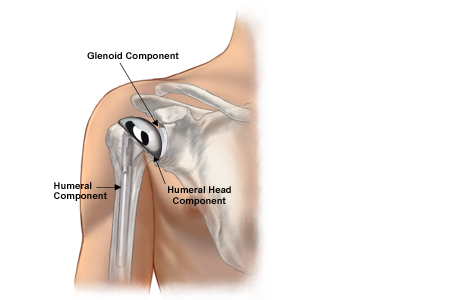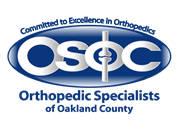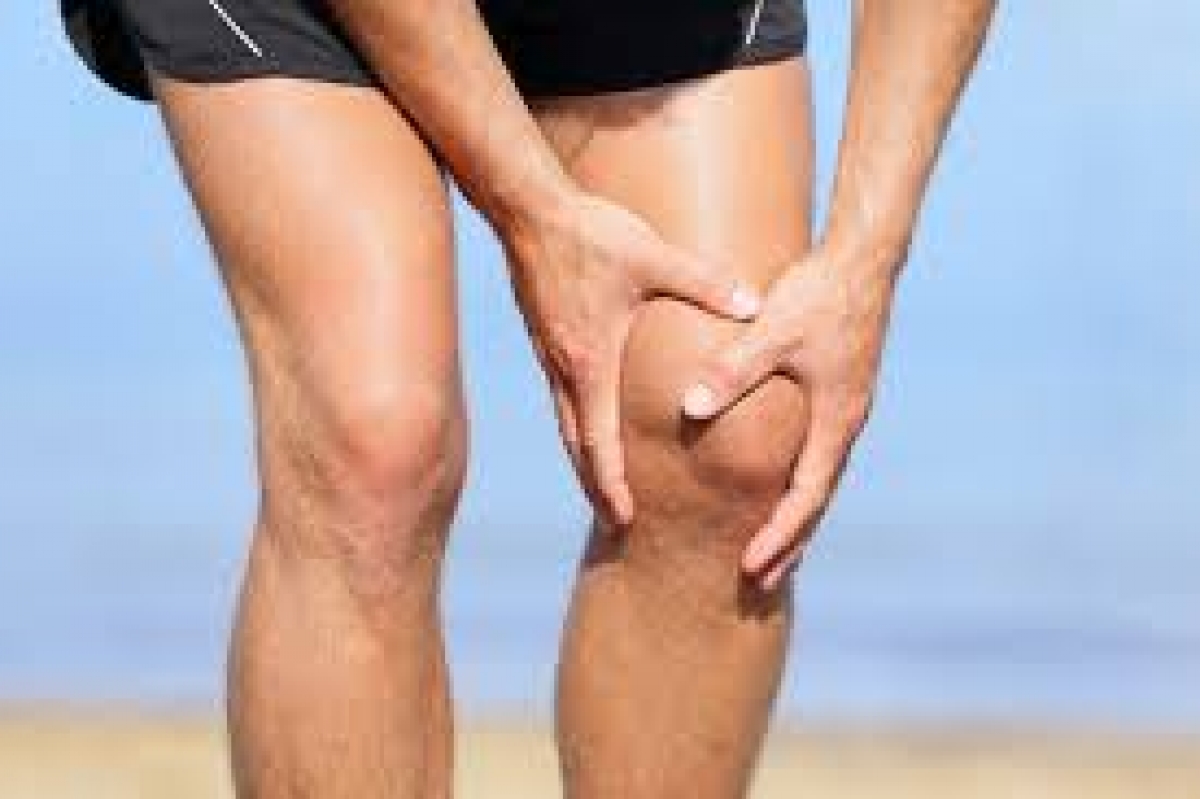
What are Steroids?
Corticosteroids are a class of medications that are related to cortisone. Cortisone is a naturally occurring corticosteroid hormone produced by your adrenal glands.
Where are Steroids (Cortisone) Injected?
Steroids can be injected directly into the joints (intra-articular) or around the joints (peri-articular) or tendons. Learn more about arthritis.
How do Steroid (Cortisone) Injections Work?
After injection, corticosteroids work to reduce inflammation (heat, redness, swelling, & pain) in and around the joint. As a result you should feel less pain, swelling, stiffness and warmth and be able to function a little easier.
Why are Steroids (Cortisone) Injected Locally?
A steroid injection into or around the joint is an effective way to reduce inflammation in or around a single joint. The goal is to deliver the medication directly to the site where it is needed aiming to reduce the need for systemic treatment (pills).
What types of Steroids (Cortisone) are available for injection?
There are a few different varieties of steroids available for injection. The choice will likely depend on the preference of the treating physician. There is no available evidence that one type of steroid is significantly better than another. The types of steroids available are as follows:
|
Generic Name |
Trade Name |
Dose Range |
| Methylprednisolone | Solumedrol® | 10 – 120 mg |
| Triamcinolone Acetonide | Kenalog® | 10 – 80 mg |
| Betamethasone | Celestone Soluspan® | 1 – 12 mg |
What types of Patients can receive Steroid (Cortisone) Injections?
Steroid injections are useful for many types of arthritic conditions. Local steroid injections can be valuable treatment for patients with inflammatory types of arthritis such as rheumatoid arthritis, psoriatic arthritis, gout, and lupus. Similarly, patients with osteoarthritis often derive benefit from steroid injections. Finally, local steroid injections can be safely used for the treatment of conditions such as tendonitis, bursitis, and tendon nodules.
How is a Steroid (Cortisone) Injection given?
A steroid injection into a joint or around a joint is much like an injection into the arm. Most injections are safely and routinely performed in a physician’s office. For joints in the spine or hip, injections are usually given by a radiologist under x-ray or ultrasound guidance. Local anesthetic is sometimes used prior to the injection or can be mixed with the steroid and injected directly into the joint to give immediate relief.
Does a Steroid (Cortisone) Injection Hurt?
In the hands of a skilled physician, the injections are relatively comfortable and as pain free as a simple blood test or injection into the muscle in the arm.
How long does it take for a Steroid (Cortisone) Injection to Work and how long will it Last?
Most injections typically take 24-48 hours to take full effect. If local anesthetic was given with the steroid injection, you may feel improvement relatively quickly. The duration of improvement varies. Some patients report months of relief whereas others find only a few days of relief.
If the first Steroid (Cortisone) Injection doesn’t work, can I try a second Injection?
In general, most patients, if they are going to respond, will respond after the first injection. Patients who have gained no symptom relief or functional benefit from two injections should probably not continue with repeat injections as the likelihood of improvement is small.
How often can I have repeat Steroid (Cortisone) Injections?
If a significant benefit is achieved after the first injection then an argument can be made for a repeat injection. There is some controversy that too many injections may weaken tendons, ligaments, and accelerate the loss of cartilage but other studies have found that injections can slow joint damage and help preserve the joint. As a general rule a reasonable approach is to limit the frequency of injections to 3-4 for a single joint per year.
Who should NOT receive Steroid (Cortisone) Injections?
Patients who should not receive an injection include those who have had a previous serious allergic reaction to a corticosteroid and those with an infection in the joint or in the skin or soft-tissues overlying the joint.
What should I feel after a Steroid (Cortisone) Injection?
If local anesthetic was injected with the steroid your pain may be improved over the few hours after the injection. Otherwise, it is normal to feel a transient increase in discomfort in the joint which should resolve within 24 hours. You can treat this discomfort by applying a cold pack such as a gel pack, bag of frozen vegetables, or crushed ice in a bag or by using medications such as Acetaminophen (Tylenol®) or Non-Steroidal Anti-Inflammatory Drugs (Check with your doctor).
What should I do after a Steroid (Cortisone) Injection?
If possible, it is best to rest the joint for 24-48 hours. Studies have shown this may improve the effect of the injection.
What are the possible side-effects of a Steroid (Cortisone) Injection?
Most joint injections result in no side-effects. Side-effects which rarely occur include: injury to the joint or tendon, loss of the fat layer below the skin, loss of skin pigmentation (vitiligo), calcification around the joint, and joint Infection (see below). The joint may ‘flare-up’ transiently after an injection. Systemic effects may occur due to absorption of some of the steroid from the joint.
When Should I call my Physician or seek Medical Attention?
If the injected joint becomes very painful, red, or swollen seek medical attention immediately as the joint may be infected. As your doctor has explained, one of the very rare (1 in 15,000) risks of a joint injection is infection. If the joint is infected it is very important to seek medical attention as soon as possible. However, the most common cause of these symptoms is a reaction to the injected steroid (“steroid flare”) which occurs in 2 to 5% of patients. A “steroid flare” usually begins 6-12 hours after the injection and may last for 2-3 days. Regardless of the cause, it is important to see a physician with these symptoms.
Are Steroid (Cortisone) Injections safe in Pregnancy?
It is generally advisable to avoid all medications during pregnancy and while you are trying to become pregnant. However, local steroid injections are believed to be one of the safer treatments for arthritis during pregnancy.
Learn More About Treatment For Arthritis
Knee Replacement
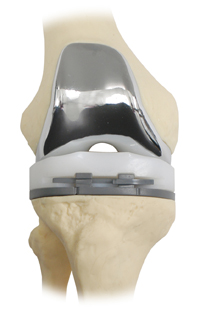
Hip Replacement
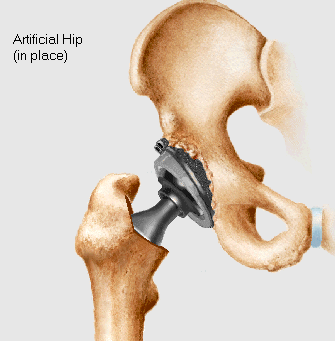
Shoulder Replacement
